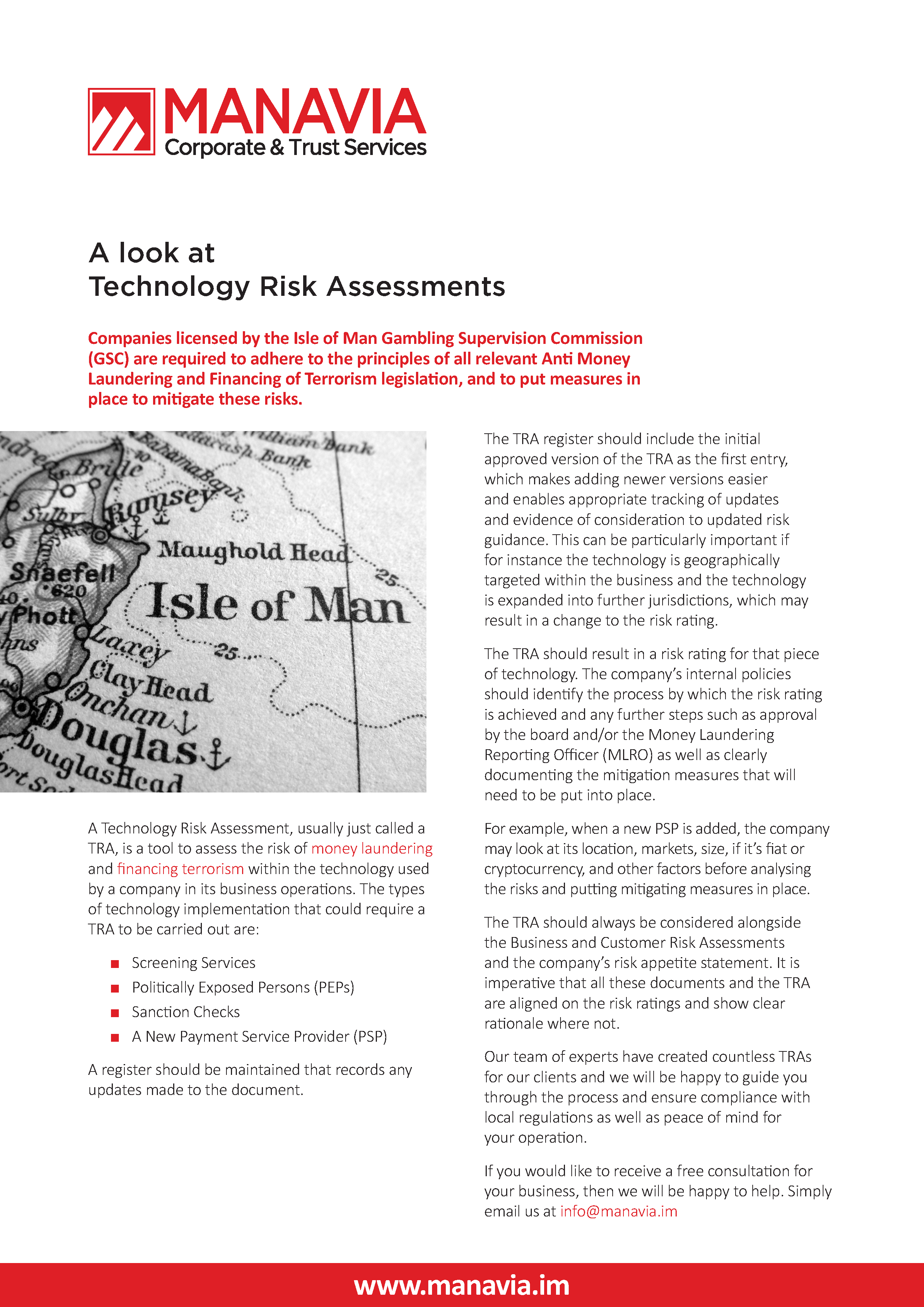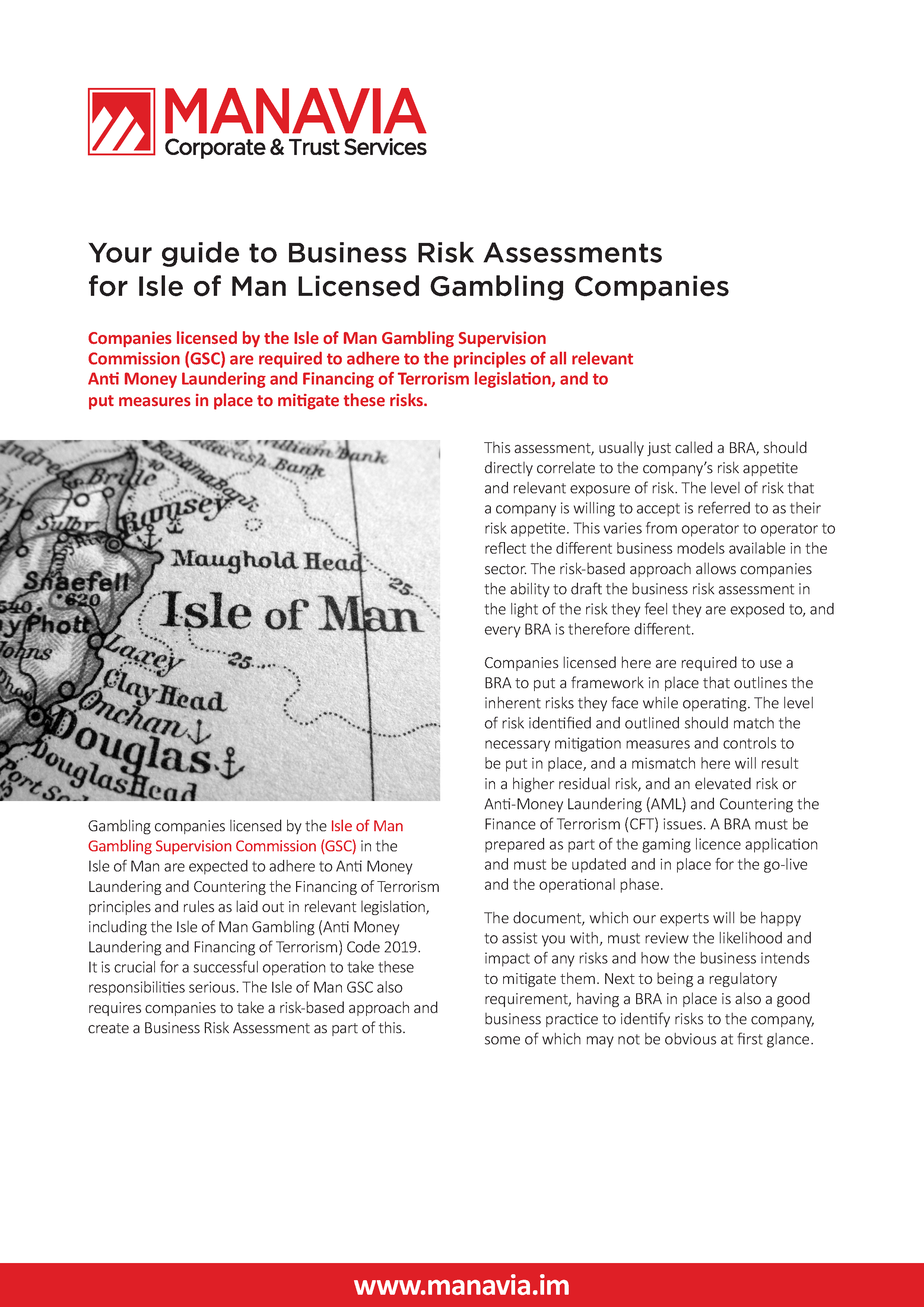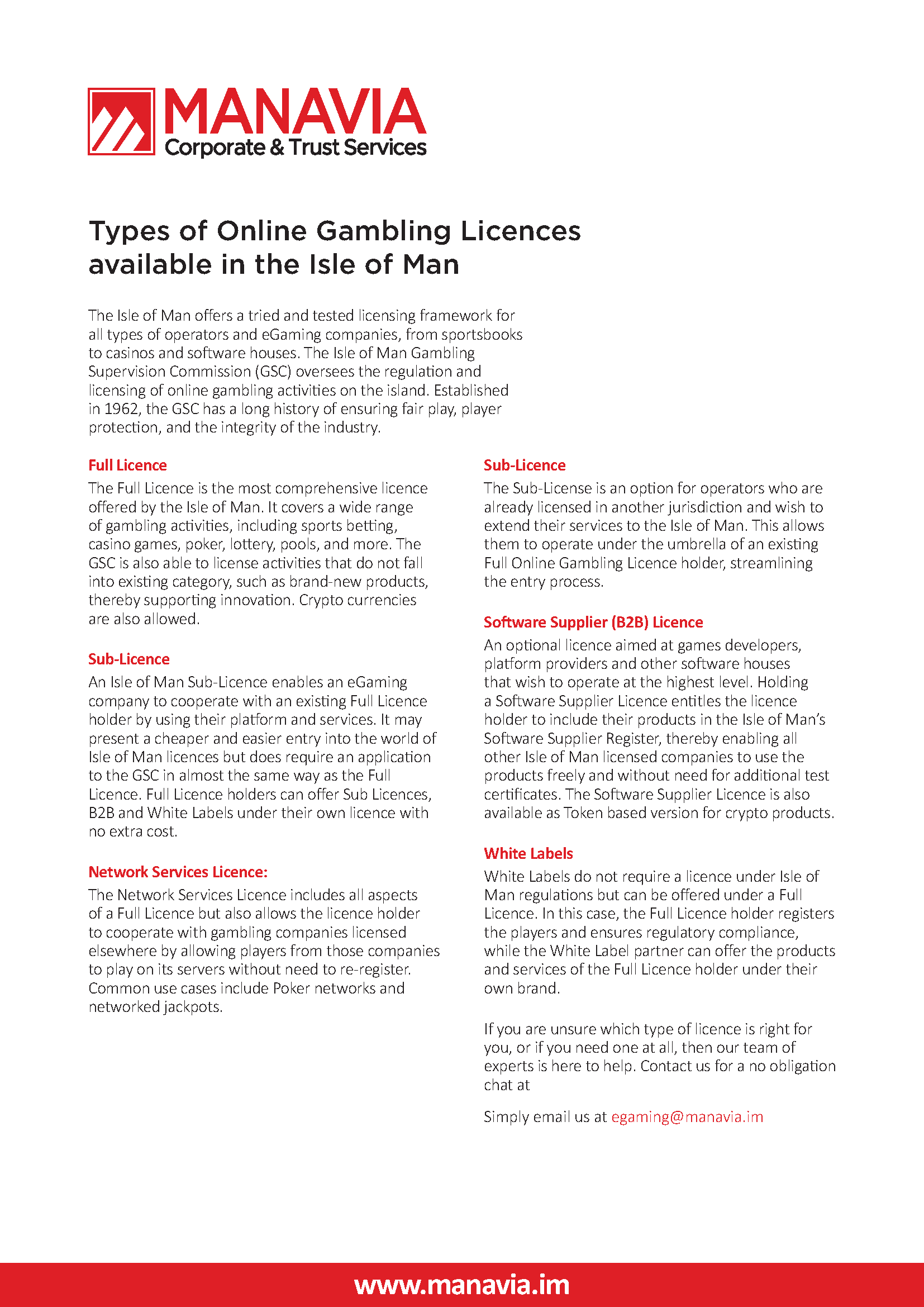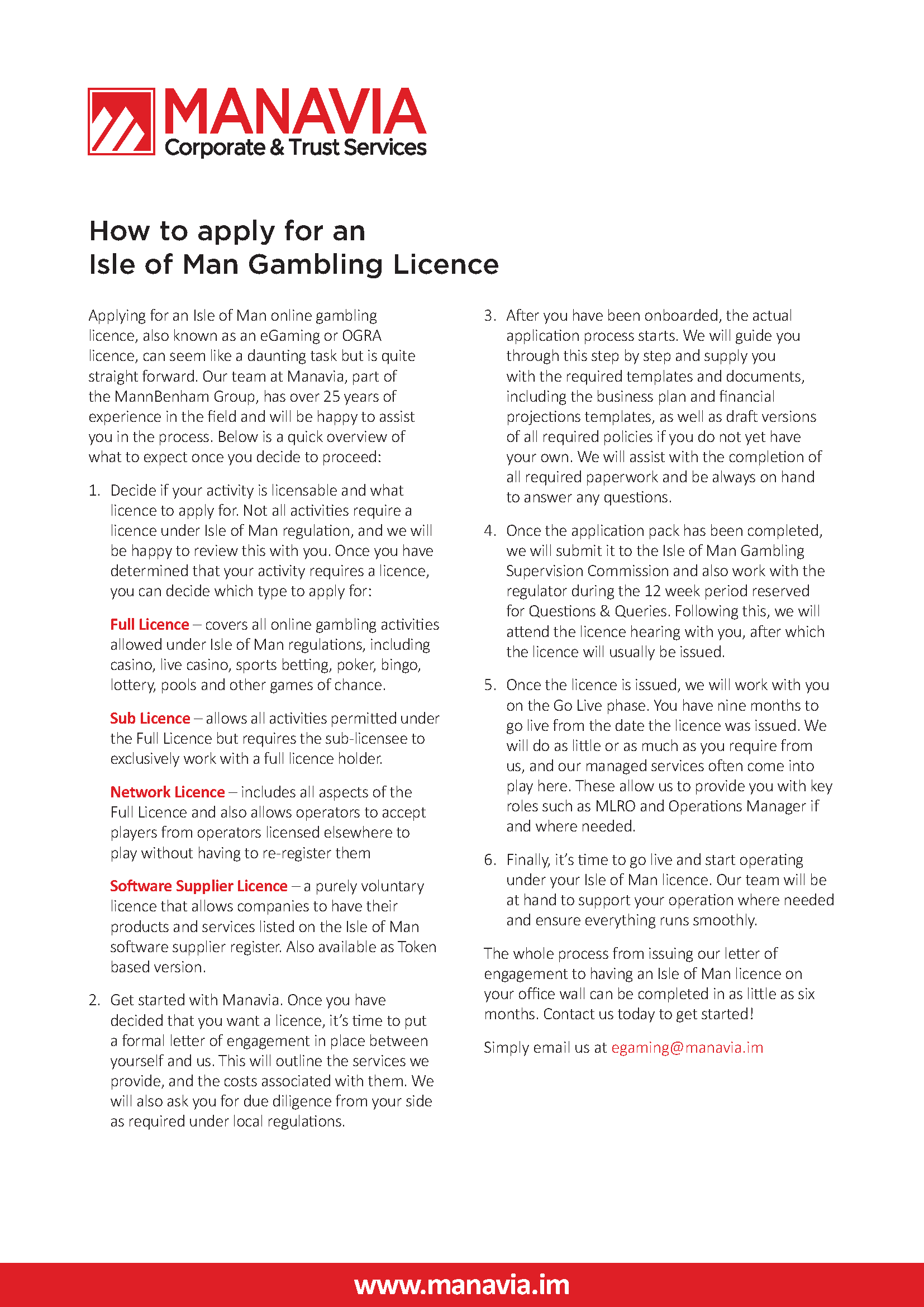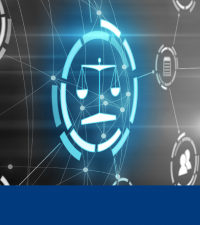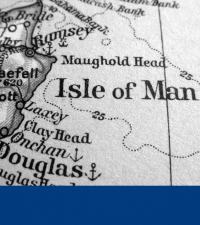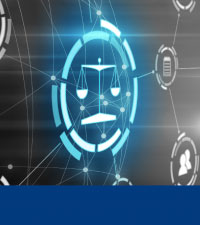
Blowing the Whistle and Personal Liability for Dismissal
Under whistleblowing legislation, an employee cannot bring a detriment claim against his or her employer where the detriment amounts to dismissal. An employee can of course bring a claim relating to unfair dismissal on the ground of whistleblowing. This claim can only be brought against the employer and not against individuals.
In International Petroleum Limited v Osipov, (The Osipov Case) International Petroleum Limited (IPL) was involved in Oil and Gas exploration in Niger. Shortly after starting as CEO, Mr Osipov made a number of protected disclosures which he alleged led to a number of detriments, including Mr Timis instructing Mr Sage to dismiss him. He brought claims against IPL, Mr Timis and Mr Sage alleging that he had been subjected to detriments and unfairly dismissed on whistleblowing grounds. The employment tribunal upheld his claims and awarded over £1.7m in compensation against all three respondents on a joint and several basis, meaning that they were all personally liable to pay the full amount of compensation.
Mr Timis and Mr Sage appealed. They accepted that they could be personally liable for their detrimental treatment of Mr Osipov but argued that the legislation does not permit an employee to bring a detriment claim where the detriment in question is dismissal. They must instead bring an unfair dismissal claim, which can only be brought against the employer. They also argued that compensation in detriment claims is limited to pre-dismissal losses and so they could not be liable for Mr Osipov’s post-dismissal losses.
The English Employment Appeal Tribunal (EAT) dismissed their appeals. Whilst an employee who wishes to bring a claim against their employer relating to dismissal must do so by way of an unfair dismissal claim, there is nothing in the legislation which precludes them from bringing a separate detriment claim against the individuals involved in the decision to dismiss. Similarly, the individuals could be held personally liable for losses arising from the dismissal.
The Osipov case makes clear that an employee can bring a detriment claim against one or more work colleagues, even where the detriment amounts to dismissal, and those colleagues can be individually liable for losses that follow, including loss of earnings. In the Osipov case, the directors were party to the decision to dismiss and their actions in dismissing were motivated by the claimant’s protected disclosures. There were therefore personally liable along with the employer for Mr Osipov’s substantial losses due to the dismissal.
The protection of workers and employees against detriment and dismissal by an employer on the ground that they have “blown the whistle” or made a protected disclosure is well known. What is perhaps less recognised is that, as well as the fact that the employer can be held liable for unlawful actions of an individual’s co-workers in subjecting him or her to whistle-blowing related detriment, that an individual’s co-workers can also be personally liable for such detriment.
Moreover, following the decision of the English Court of Appeal in the Osipov case such personal liability can extend to losses flowing from a dismissal even though the whistle-blowing legislation states that a claim cannot be brought for whistle-blowing related detriment “where the detriment in question amounts to dismissal”.
It is now clear that, as with discrimination protection, individual co-workers can be personally liable for their actions towards whistle-blowers including in relation to losses resulting from dismissal.
Claimants may well now commonly consider bringing whistle-blowing dismissal-related claims against both the employer (as an unfair dismissal claim) and against the dismissing manager (as a detriment claim). Usually it will make more sense to focus on a claim against the employer on the basis that it will have greater resources, but, as in the Osipov case, where the employer is insolvent or potentially insolvent an employee may have every incentive to pursue claims against individuals personally and while the directors involved in the Osipov case had the protection of directors and officer’s liability insurance not all co-workers will be directors and benefit from such insurance cover.
Implications
Whilst employees will tend to bring claims relating to dismissal against their employer, as they will generally have deeper pockets, there are tactical advantages to bringing a separate detriment claim against their former colleagues involved in their dismissal.
First, it is possible to obtain an injury to feelings award in a detriment claim.
Second, the standard of proof is not as high in a detriment claim. The employee only has to show that their whistleblowing disclosure materially influenced their colleague’s treatment of them, whereas in an unfair dismissal claim they have to show that their disclosure was the reason or principal reason for their dismissal.
Third, the employer is vicariously liable for detrimental treatment meted out by its employees and agents. This means that the employer could be liable, via the back door, in cases where the employee is unable to show that the reason or principal reason for dismissal is whistleblowing and could also be on the hook for an injury to feelings award.
For all of these reasons, employers are increasingly likely to see detriment claims relating to whistleblowing dismissals being brought against individual employees involved in the decision to dismiss. Similarly, dragging individuals into disputes could strengthen the employee’s negotiating position.
Employers have a defence and will not be vicariously liable if they can demonstrate that they took all reasonable steps to prevent the unlawful conduct. Employers who can demonstrate a firm commitment (supported by senior management and backed up by effective whistleblowing policies and training) to preventing victimisation of whistleblowers will be best placed to succeed in such a defence.
Directors and officers of companies may also want to consider if they are covered for such claims through their liability insurance cover.
Now more than ever, employers need to demonstrate a firm commitment to preventing victimisation of whistleblowers and ensure that managers are trained to recognise potential whistleblowing issues.
Senior managers within businesses now clearly need to be alive to the possibility of personal liability in relation to whistle-blowing detriment and employers would be well advised to train such individuals in order to help manage and mitigate such risks.


